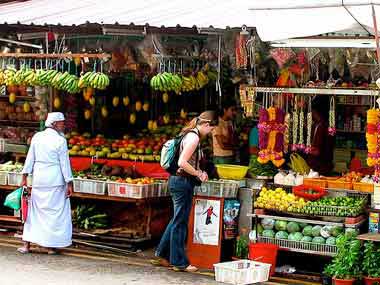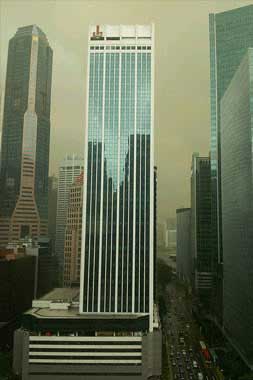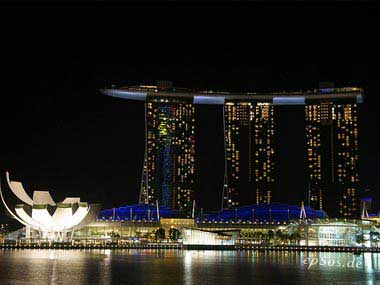As Singapore approaches the turn of another year, many analysts are focusing on issues that sparked interest during 2013, and extrapolating trends to consider what lies in store.
Asia as a whole continued experiencing the after-shocks of the worldwide recession that has had such an impact on international commerce over the past five years. Business sentiment continued to weaken throughout 2013, as the percentages for growth rate expectations required to be tempered. In tandem with the recent liquidity outflows from various Asian markets, Singapore's own tally dipped below the 50% mark. This was the first time this had been reported since 2012.
Multinational corporations are having to maintain a cautious outlook on the overall market environment. Ever conscious of the requirement to protect margins, companies are introducing cost savings initiatives. One of the prime areas that has been affected by this more conservative business ethos has been in real estate spending. In the Singapore business centre, the level of new leasing enquiries fell dramatically during 2013.
It is not all doom and gloom for the Singapore commercial property market. Commentators remain optimistic that it is only a matter of time before business confidence resumes. The aforementioned liquidity outflow is generally expected to be a relatively short-term phenomenon. The Asian commerce zone will continue generating a majority of the world's commercial growth.
One of the monitors of the leasing situation is the Rental Expectations Index. Colliers International published a report that illustrated the extent to which there has been a decline – albeit a gradual one – in Singapore leasing. However, the good news for Singaporean commercial enterprises right across the board, is that the fluctuations in trends shows absolutely no sign of dipping for any great length of time. Fewer brokers estimated that an increase of real estate requirements was likely over the next three quarters compared to the previous three. But the important factor was that the downward trend was definitely showing signs of slowly tapering off. It seems that no-one has reason to be pessimistic about the likelihood for growth in Singapore's leasing markets in 2014.




